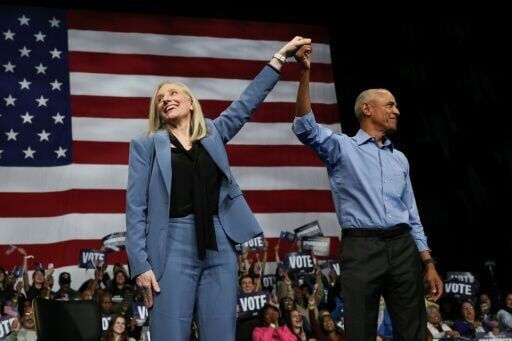Values vs. Morals: Why “Voting Your Values” Isn’t Always Noble
- Mom At Arms

- Nov 12, 2025
- 2 min read
We hear it every election cycle: “Vote your values.”
It sounds noble. Empowering. Even righteous.
But what happens when those values clash, not just with other voters, but with the moral foundations that hold a society together?
To understand the danger, we have to start with the difference between values and morals... because they’re not the same thing.

Values vs. Morals: What’s the Difference?
Values are personal. They’re shaped by upbringing, culture, experience, and emotion. You can value independence, safety, tradition, progress, or even control. Values are SUBJECTIVE, and they vary wildly from person to person.
Morals, on the other hand, are rooted in shared ideas of right and wrong. They’re the ethical guardrails that help societies function: don’t lie, don’t steal, don’t harm others, respect human dignity. Morals are meant to transcend personal preference. They're OBJECTIVE.
Here’s the kicker: not all values are moral. A person may value censorship if it protects their worldview. Another may value dependency if it guarantees comfort. But those values, unchecked, can erode freedom, autonomy, and truth.
**This is why we see a lot of re-wording of definitions and phrases in our societal vocabulary, today. This is why you see a lack of education on civil topics. "Not everyone has the same heart as you."
When Values Drive the Vote
When voters are told to “vote their values,” they’re being encouraged to elevate personal preference over shared principle. That’s how we end up with:
Policy driven by emotion, not ethics
Laws that protect feelings, not freedoms
Leaders who pander to identity, not integrity
In Virginia, we’ve seen this play out firsthand. Emotional appeals from anti-2A groups like Moms Demand Action have successfully reframed gun control as a “value," one rooted in fear, not fact. And when fear becomes a value, it justifies censorship, disarmament, and the erosion of rights under the guise of safety. People who vote based solely on values end up swayed by politicians who exhibit more charm rather than trustworthiness.

The Cost of Value-Driven Politics
When values become the sole compass, discourse breaks down.
Why? Because values don’t require truth... they only require conviction. And when everyone’s truth is treated as equally valid, we lose the ability to challenge bad ideas, expose propaganda, or defend foundational rights.
That’s not democracy. That’s chaos dressed up as compassion, because Society becomes driven by confusion, not fact.
Reclaiming the Moral Ground
If we want to restore civil discourse, and preserve liberty, we must stop treating values as sacred and start asking: Are these values moral? Are they rooted in truth, freedom, and human dignity?
Because when we vote based on moral clarity... not emotional values... we build a society that protects everyone’s rights, even when we disagree.
Values can be manipulated.
Morals must be defended.
And if we want to preserve the Second Amendment... and every other right... we’d better start voting like we know the difference.




Comments